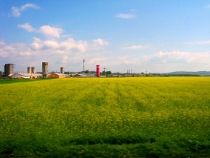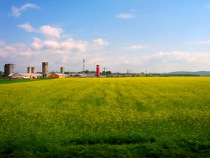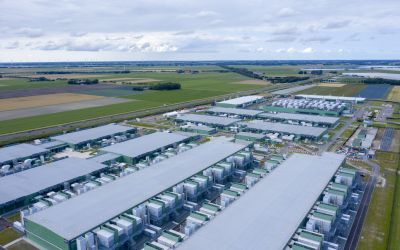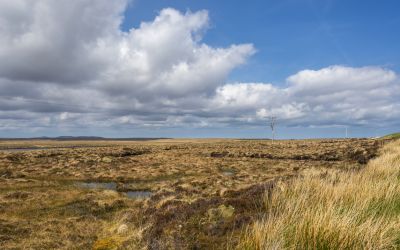EU chooses to halt biofuel production
Humanitarian and environmental concerns that have emerged regarding bioethanol production and consumption leads the EU to halt biofuel expansion.

 Humanitarian and environmental concerns that emerged regarding bioethanol production and consumption led the EU to halt biofuel expansion. In 2008, the EU set a target to have 10% of transportation fuels generated from renewable resources; conventional wisdom agreed that most of this 10% target would be met by biofuels-in the EU that typically referred to ethanol derived from rapeseed oil.
Humanitarian and environmental concerns that emerged regarding bioethanol production and consumption led the EU to halt biofuel expansion. In 2008, the EU set a target to have 10% of transportation fuels generated from renewable resources; conventional wisdom agreed that most of this 10% target would be met by biofuels-in the EU that typically referred to ethanol derived from rapeseed oil.
However, breaking evidence suggests that rapid biofuel expansion is detrimental for people and for the environment. The biofuel market has driven up the cost of food significantly in recent years and led to deforestation through land conversion. This has hit poorest families that hardest. In addition, the cost and energy expended to grow, refine, and transport biofuels often harm the environment even more than fossil fuels. The use of fertilisers also releases NO2 to the atmosphere, which scientists believe can be 300x more detrimental to the climate than CO2.
The European Commission has chosen to freeze biofuel production hovering around its current level of 5.6% and doesn't believe that doing so will do any additional harm to the environment. This means the EU biofuel market will not grow as much as was originally predicted. However, the United States has not yet indicated any change in its current policy; the US hopes to increase corn-ethanol production from the current 9 billion gallons per year to 15 billion by 2012. Time will tell if the US will shift its focus as well.
In the end, this means that the biofuel market will not grow as intensely and rapidly as was initially forecasted. But, because the European Commission still intends to uphold the 10% renewable transportation fuel commitment. Alternatives fuel sources such as electric cars will receive additional attention, research and expansion.
The policy shift the EU enacted demonstrates the adaptability policymakers need to show in addressing the challenges that face the economy and planet as technology races the global thermostat.
Author: Michael Good | Climate Action
Image Provided by:
cod gabriel | Flickr






